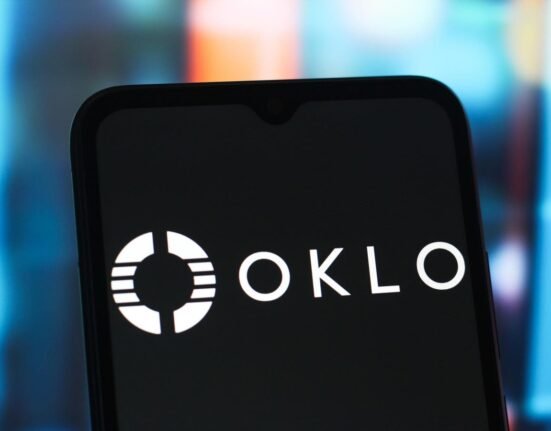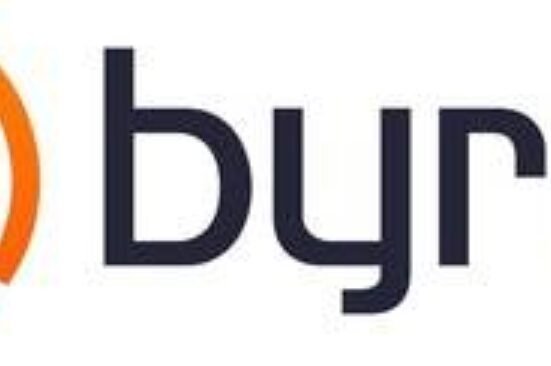Key Takeaways
- GameStop Corp.’s board of directors moved on Dec. 5 to allow the company to invest in equity securities and to empower CEO Ryan Cohen to manage the investments.
- Most publicly traded companies invest in marketable securities that easily can be converted to cash but typically don’t invest in shares of other companies.
- Analysts have called the decision “inane” and “alarming,” saying that it signals to shareholders that GameStop management believes investing in other stocks is better than buying back its own shares.
- Cohen’s strong record as an activist investor could be a boon for GameStop’s portfolio, however.
Last week, GameStop Corp.’s (GME) board of directors authorized Chief Executive Officer (CEO) Ryan Cohen to manage the company’s securities portfolio, which will expand to include investments in other stocks on the company’s behalf.
While some analysts have strongly denounced the policy shift—arguing that GameStop should use any extra cash to buy back its own stock—Cohen is a seasoned activist investor.
Find out more about how Cohen’s past investments may inform his approach to GameStop’s portfolio.
Is GameStop Behaving Like a Mutual Fund?
In its third-quarter report, GameStop announced the new investment policy, which allows the firm to invest in equity securities and grants Cohen authority to oversee these investments.
Often, companies across industries and sectors will add to their bottom lines by buying and selling marketable securities that can quickly be liquidated and converted into cash. These can include bonds, certificates of deposits, mutual funds, and similar vehicles.
However, changing an investment policy to include equity securities is unorthodox. Wedbush Securities analysts Michael Pachter and Nick McKay even went so far in a Dec. 7 research note to say such a move was “alarming” and “inane.”
Despite Cohen‘s record of success with investments in Apple Inc. and Bed Bath & Beyond, there is little potential benefit to investors if GameStop begins to function as a mutual fund, given the enormous range of dedicated funds that retail investors can purchase, hold, and sell.
Further, GameStop could choose to signal its belief in the value of its shares by buying back stock, a practice common for many publicly traded companies. Indeed, if GameStop opts to use excess cash to invest in the stock of other companies rather than its own shares, that may suggest that Cohen believes these other companies are likely to outperform GameStop shares, a dangerous signal for investors.
Cohen’s Track Record as an Investor
Given his new duties overseeing a portfolio potentially including equity securities on behalf of GameStop, Cohen’s investment history will undoubtedly draw increased scrutiny from shareholders of GameStop stock.
Cohen rose to prominence as the founder of pet supplies e-commerce site Chewy (CHWY). After raising the company’s profile and annual sales over several years, Cohen sold the business to PetSmart for more than $3.3 billion in 2017.
Since that time, Cohen has made at least four significant investments in other companies, typically through his firm RC Ventures. Cohen made headlines following the sale of Chewy by investing heavily in Apple (AAPL) and Wells Fargo & Co. (WFC).
Although it is unclear exactly when Cohen made those two investments, at least the first of them has paid off significantly. Apple shares have skyrocketed in recent years, nearly quintupling in value since late 2018. Wells Fargo stock hasn’t fared as well, barely touching double-digit gains over the same period.
Cohen’s two other major investments were meme stocks including flailing home retailer Bed Bath & Beyond and GameStop.
Cohen purchased a stake in GameStop totaling about 13% of all outstanding shares in the latter part of 2020. After sharply spiking amid the meme stock trend in 2020 and 2021, GameStop shares have since fallen back to a price only slightly above what they were at the time of Cohen’s purchase.
In March 2022, Cohen’s RC Ventures disclosed it was one of the top five investors in Bed Bath & Beyond, holding 9.5 million shares or 9.8% of the company’s equity. By August of that year, Cohen sold all shares and options in Bed, Bath and Beyond. He sold his roughly $120 million investment for a profit of about $60 million within five months, and attracted scrutiny from the U.S. Securities and Exchange Commission (SEC), The Wall Street Journal reported.







